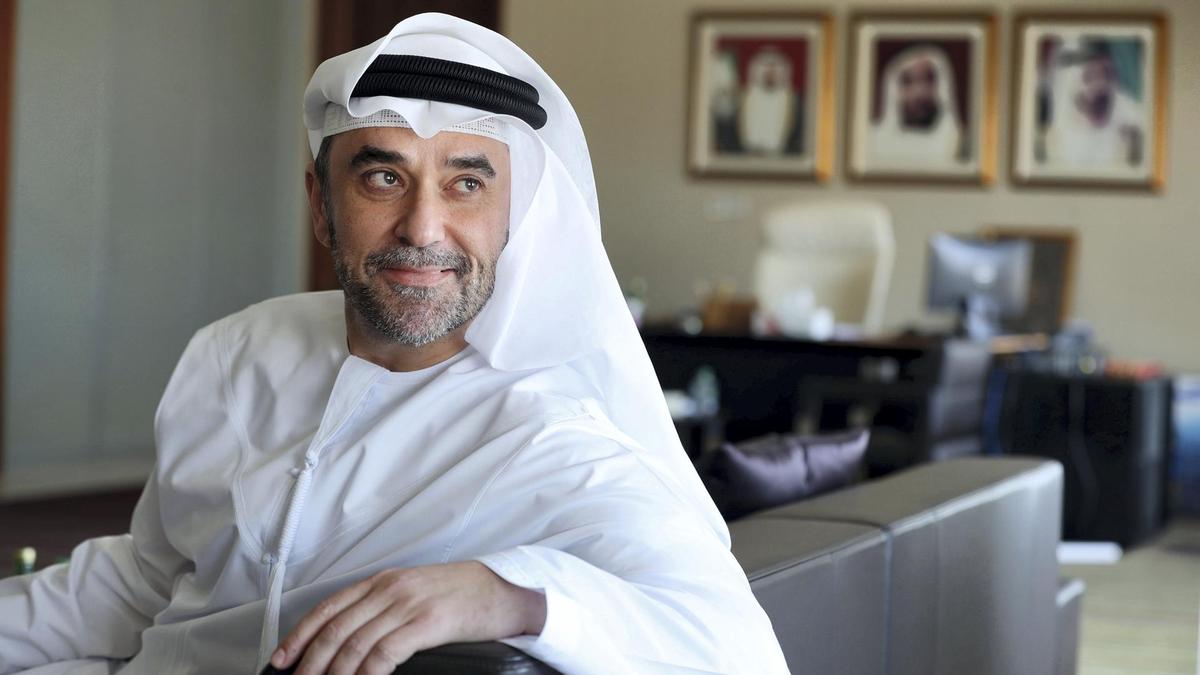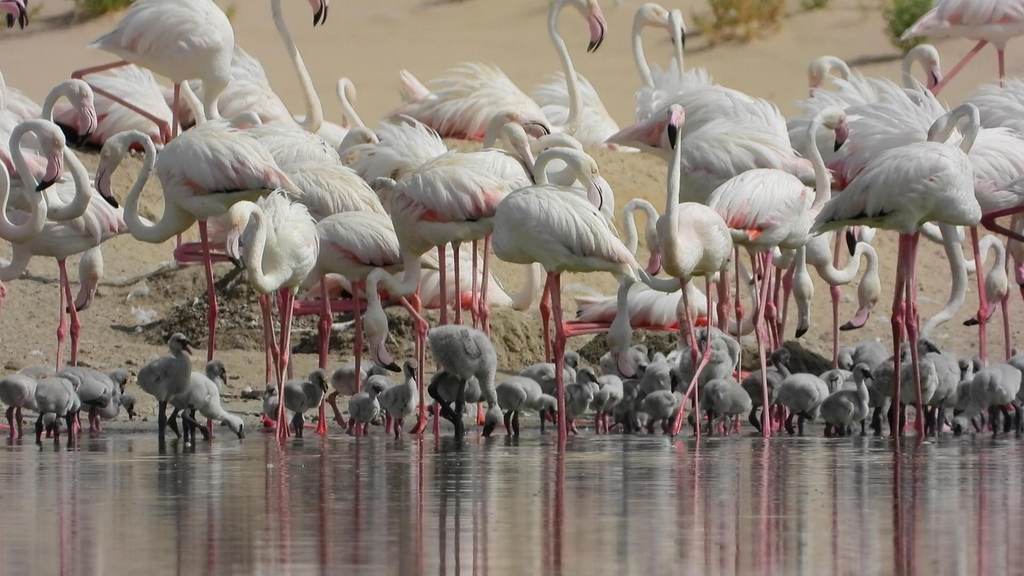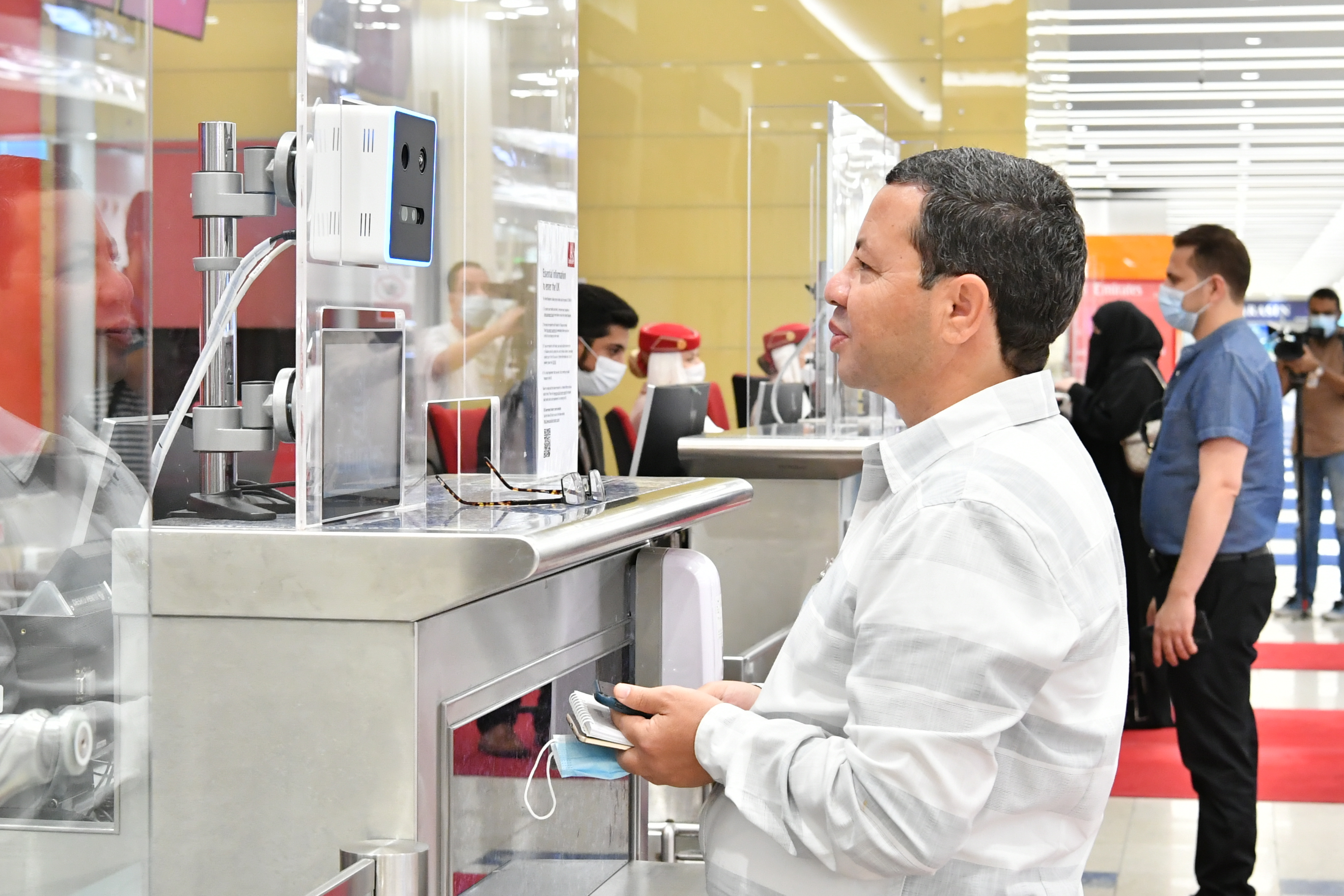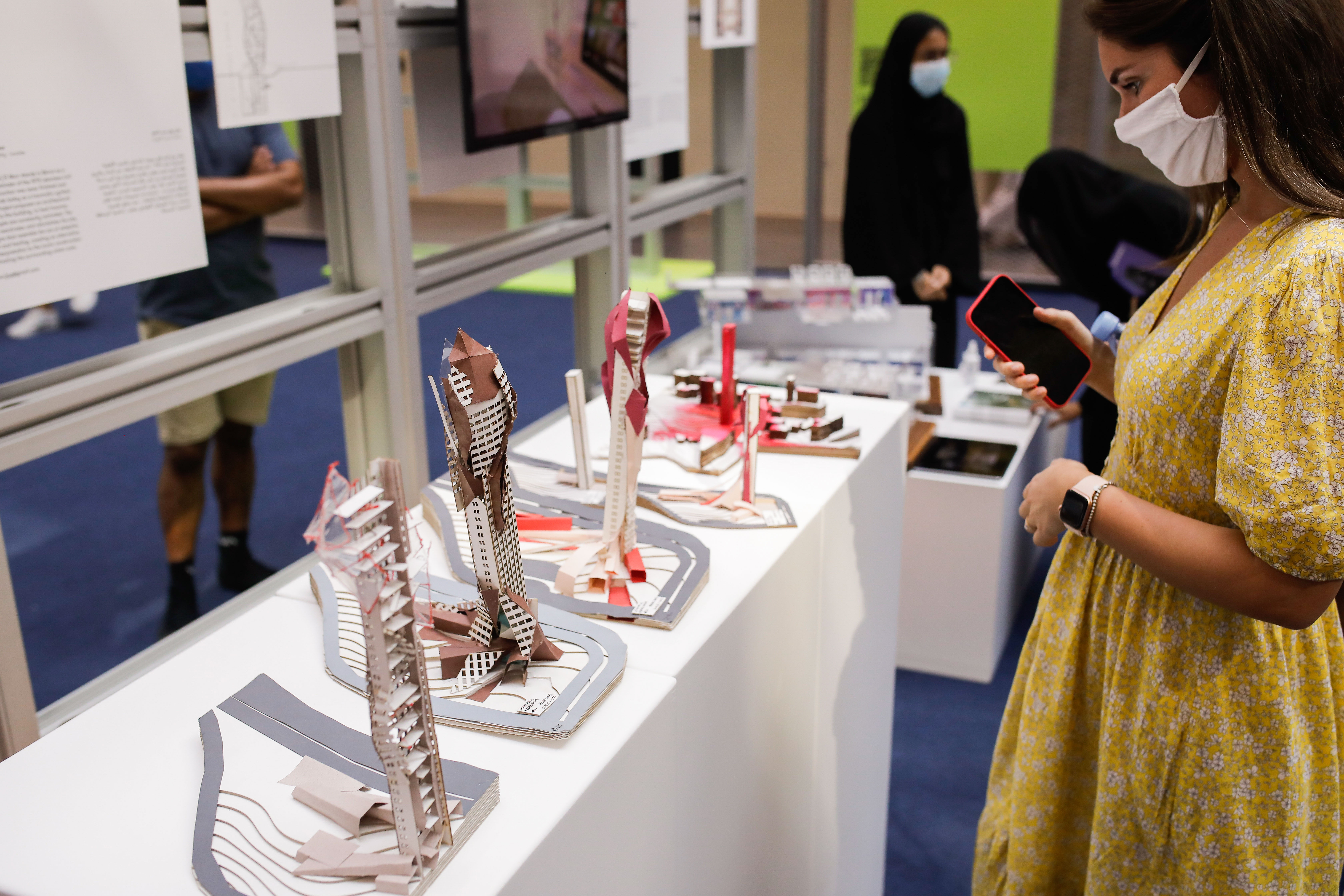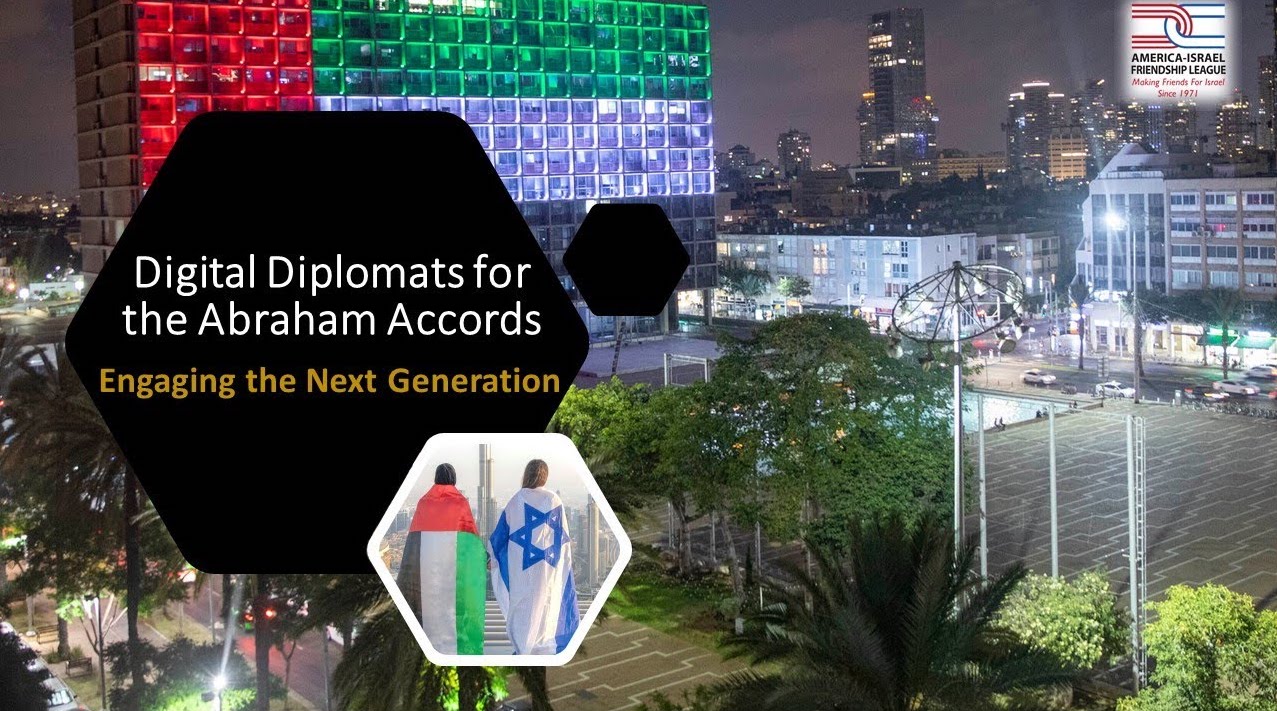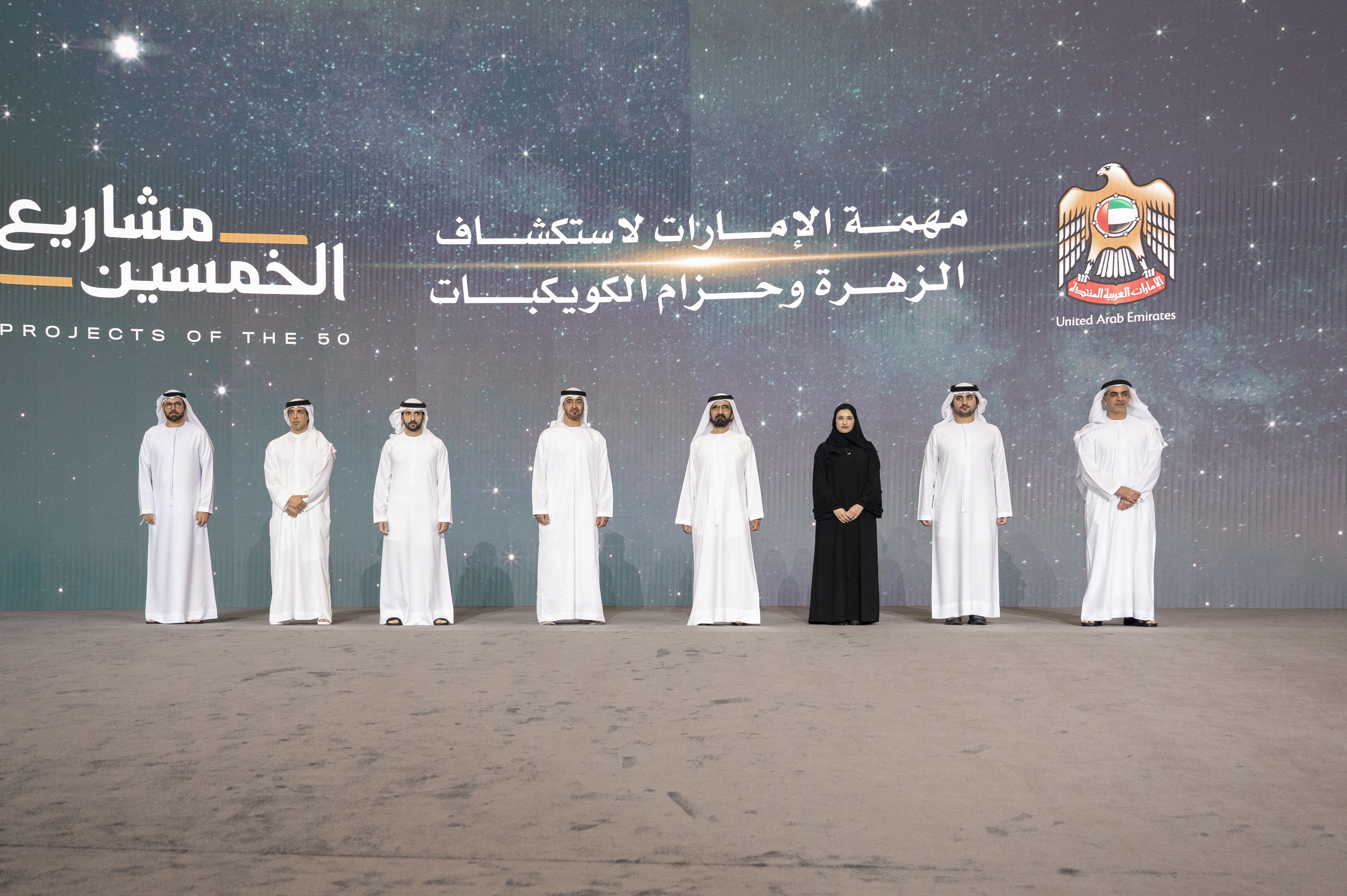Omar Ghobash tells audience that gadgets that entertained saved lives.
Omar Ghobash, the assistant minister for Culture and Public Diplomacy, has spoken of how the country was able to harness its global connections and technology to mount an effective response to the coronavirus pandemic.
Speaking to the Emirates Society, a UK-based community group, Mr Ghobash said the UAE had taken a practical, evidence-based approach to focus on the threat to human health from Covid-19.
“The key connection that the UAE has politically and economically with two countries, China and South Korea, [means] we were able to learn from their experiences in testing and isolating individuals very quickly,” he said.
“We acquired expertise and equipment from them as well as Singapore very early on.”
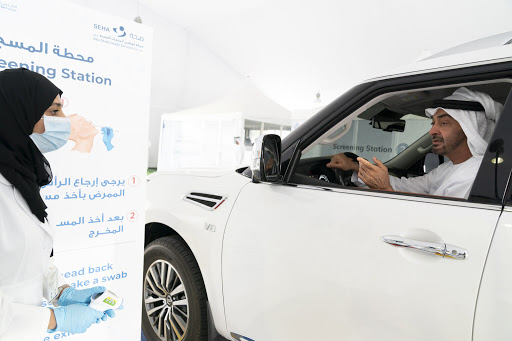
The UAE’s preparedness for the crisis bolstered domestic confidence in its early response. “Who knew we would be global leaders in per capita number of tests performed? Who knew we could set up drive through testing centres or locate respirators, ventilators in the global rush to buy them?” he asked.
“Who knew we could apply lockdowns through smart use of social media as well as applying technological and economic nudges to keep people well distanced from each other?”

With schools going to online teaching and the digital government initiatives, there was also a benefit from a decade of official innovation.
“Gadgetry turned into vital utilities just at the right time,” he observed.
“We manage a large and diverse Muslim population which was quick to accept that Friday prayers are now a dangerous luxury,” he said. “The UAE is a community of its citizens and residents together. Everybody is getting the same service.”
Addressing the topic Coronavirus, Reason and Religion, Mr Ghobash talked of how the pandemic impacted the religious sphere.
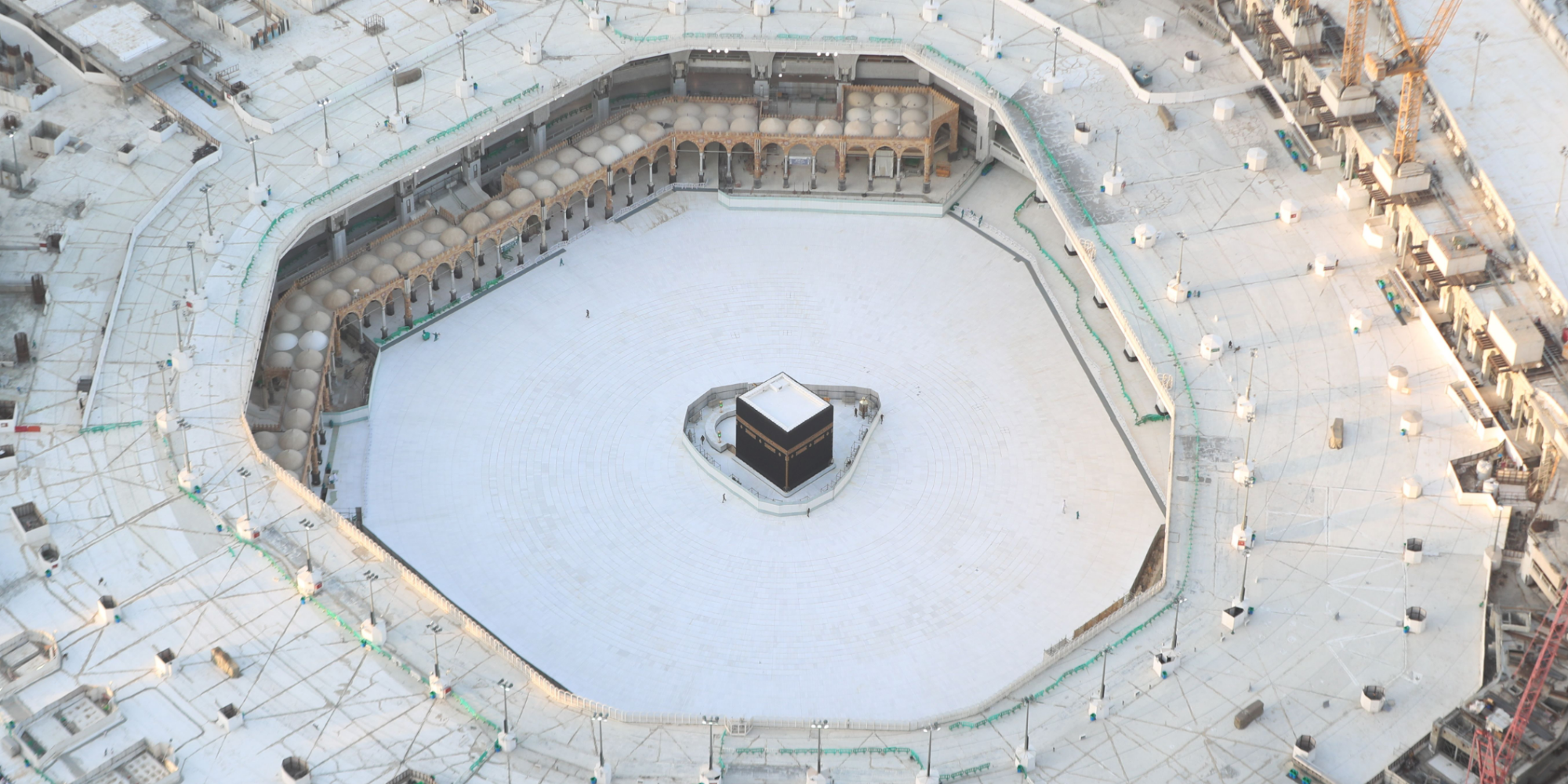
He pointed to the open discussion in Saudi Arabia over the cancellation of the Haj. Contrary to some arguments this was not unique but there had been more than 40 such cancellations throughout history.
The response of people was not an approach of absolutes but one informed by pragmatism.
“The world is a place of change and every day of change brings its challenges to our self-understanding. The self-understanding of yesterday is thrown into question today,” he said.
The author of the acclaimed book, Letters to a Young Muslim, Mr Ghobash talked of the need to catch up with a new generational attitudes that emerge in the aftermath of the lockdown in response to the Covid-19 threat.
“It could be that our reaction to Covid as well as the new world that Covid forces on us will allow for new arguments to clarify our circumstances and how we evolve with them.
“It represents a radical and remarkable new opening.”
The space granted to medical and scientific priorities contains an important lesson that won’t be lost by regressive pressures. The experience could expand the “case law” of pragmatist within societies like the UAE.
“Lots of people seem to think [Covid-19] is something divine and if that’s the case everything is divine and we need to move on from there,” he said. “This gives more space to the religious pragmatists because they are both holding on to religion — thinking it through — and connecting with science.
“I think it’s an opportunity for people with a more pragmatic approach to figure out the connection between religious principles and social issues.”

The session was hosted by the former British minister for the Middle East, Alistair Burt, now chairman of the Emirates Society. One of the participants was Sir William Patey, the ex-ambassador to Saudi Arabia, who said the remarks gave him “hope” that pragmatists would be helped by the success of the response.
Speaking of how technology has been at the heart of the UAE’s emergency response, Mr Ghobash said a set objects that “essentially entertained” had become vital to life itself.
“What happened with recent events was that we see how all these gadgets and electronics actually turned into systems to manage society and to help up get out of the problem and control the spread of Covid. It’s actually saved our society.”
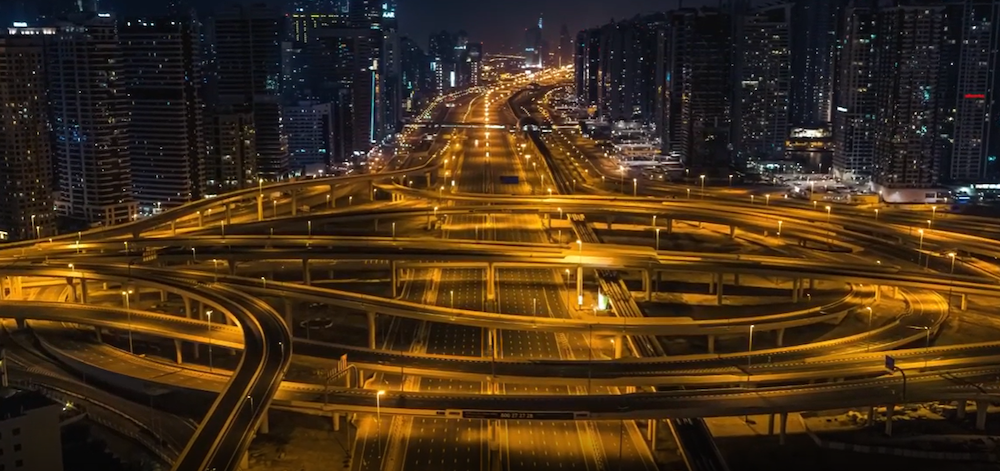
Source: The National, Abu Dhabi.
